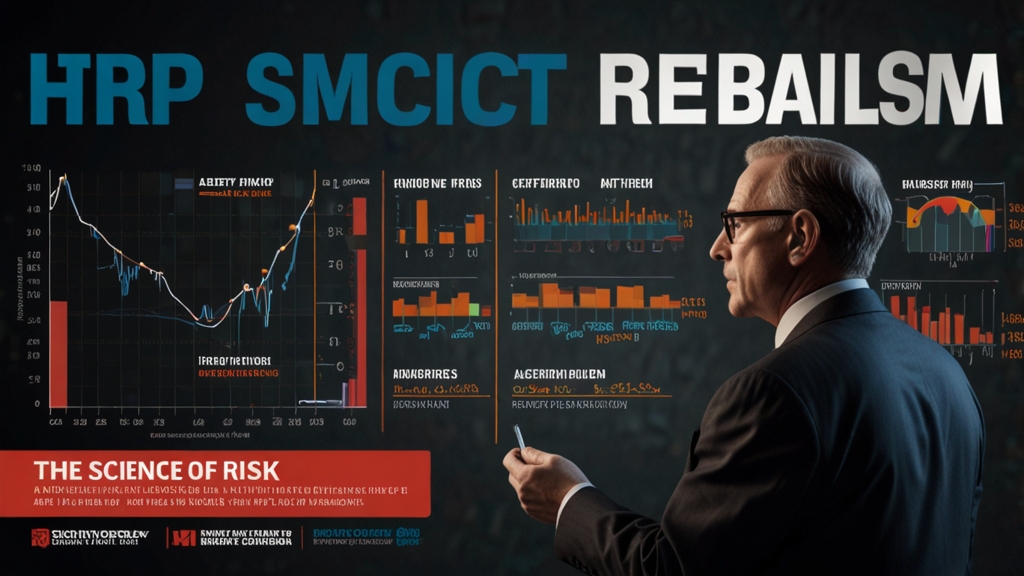The Path to Enlightenment: How Epistemology Can Transform Us
In our quest for knowledge and understanding, we often stumble upon a branch of philosophy known as epistemology. This study, concerned with the nature, origin, and limits of human knowledge, serves as a guiding light on the path to personal and collective enlightenment. At its core, epistemology challenges us to scrutinize our beliefs, question our assumptions, and ultimately, transform our way of thinking.
Defining Epistemology
Epistemology originates from the Greek words "epistēmē" (knowledge) and "logos" (study). It is the philosophical investigation of what knowledge is, how it is acquired, and how we can differentiate between true knowledge and false beliefs. By addressing these foundational questions, epistemology helps us develop a critical approach towards understanding and interpreting the world around us.
The Power of Skepticism
Skepticism, a vital aspect of epistemology, encourages us to doubt the veracity of our existing beliefs. By doing so, we engage in a process of continual questioning and examination, which can ultimately lead us to more robust, evidence-based conclusions. This practice of disciplined skepticism not only fortifies our intellectual pursuits but also fosters humility, as we recognize the provisional nature of much of our knowledge.
"The first principle is that you must not fool yourself—and you are the easiest person to fool." - Richard Feynman
Transforming Personal Beliefs
As we delve into epistemology, we begin to transform our personal beliefs by consistently evaluating and re-evaluating them. This transformation involves a willingness to let go of long-held assumptions and embrace new, well-founded ideas. Through this process, we cultivate intellectual growth and adaptability, two attributes essential for navigating the complexities of the modern world.
The Role of Empiricism and Rationalism
Two dominant schools of thought within epistemology are empiricism and rationalism. Empiricism posits that knowledge comes primarily through sensory experience, while rationalism asserts that reason and intellect are the primary sources of knowledge. By integrating insights from both perspectives, we can develop a more nuanced, comprehensive understanding of the world.
Empiricism teaches us the value of observation, experimentation, and evidence-based inquiry. Rationalism, on the other hand, underscores the importance of logical reasoning and theoretical contemplation. Together, these approaches equip us with the tools needed to discern truth from falsehood in various contexts.
"There are no limits to what you can achieve through critical thinking and reasoning." - Rene Descartes
Enhancing Collective Understanding
Epistemology's transformative potential extends beyond individual enlightenment to influence our collective intellectual advancement. By establishing rigorous standards for knowledge acquisition and dissemination, epistemology plays a crucial role in fostering informed, rational, and open-minded societies. This collective enhancement is particularly relevant in an era characterized by information overload and widespread misinformation.
Furthermore, epistemology encourages collaborative dialogue and the convergence of diverse perspectives. Through debates, discussions, and peer-reviewed research, we refine our collective understanding and drive the progress of human knowledge.
Conclusion
The transformative power of epistemology lies in its capacity to sharpen our critical faculties and elevate our understanding. By rigorously examining the foundations of knowledge, we can dispel ignorance, foster intellectual humility, and embrace a more enlightened existence. Whether through practicing skepticism, integrating empiricist and rationalist insights, or contributing to collective intellectual endeavors, epistemology offers a potent tool for personal and societal transformation on the path to enlightenment.








